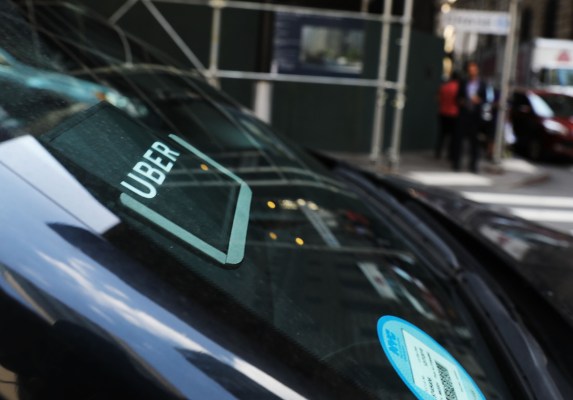Uber has bowed to regulators in Asia once again after the U.S. ride-sharing giant halted its service in Macau, the gambling mecca that is a special administrative region of China.
The company said it will “pause” its services in Macau from July 22 following a prolonged disagreement with local regulators. Uber aborted previous plans to exit the market last September, and even today it has left the door open to an eventual return to business.
“By pausing, we hope to open the door for a constructive dialogue with all stakeholders in Macau; and enable a business environment that realizes the full benefits of ride-sharing for everyone. We are already exploring ways to serve the city again, and have had initial discussions with business partners, including transport operators and hotels,” Uber wrote in a blog post.
For an idea of how any such partnership might work, you can look to Taiwan. Uber halted its service there following similar pressure at the beginning of this year, only to resume business through a partnership with licensed rental car companies.
This is not the first setback Uber has experienced in Asia by any means. Previously, of course, it sold its business in China to competitor Didi, while it has run into issues with regulators across Southeast Asia, in Hong Kong and Korea. Indeed, in Japan and Korea, two messaging app companies — Line and Kakao, respectively — provide stiff competition for its services. Likewise, Grab (Southeast Asia) and Ola (India) have collectively raised more than $1 billion and are seen as neck-and-neck rivals in their respective countries.
Macau may not be a huge nation — its population is less than one million — but as a tourist destination with casinos and a clutch of high-end luxury hotels, there’s potential for a thriving transportation market. Indeed, as the only part of China where gambling is legal, Macau’s casino industry is highly lucrative, grossing $2.65 billion over the last year of business.
